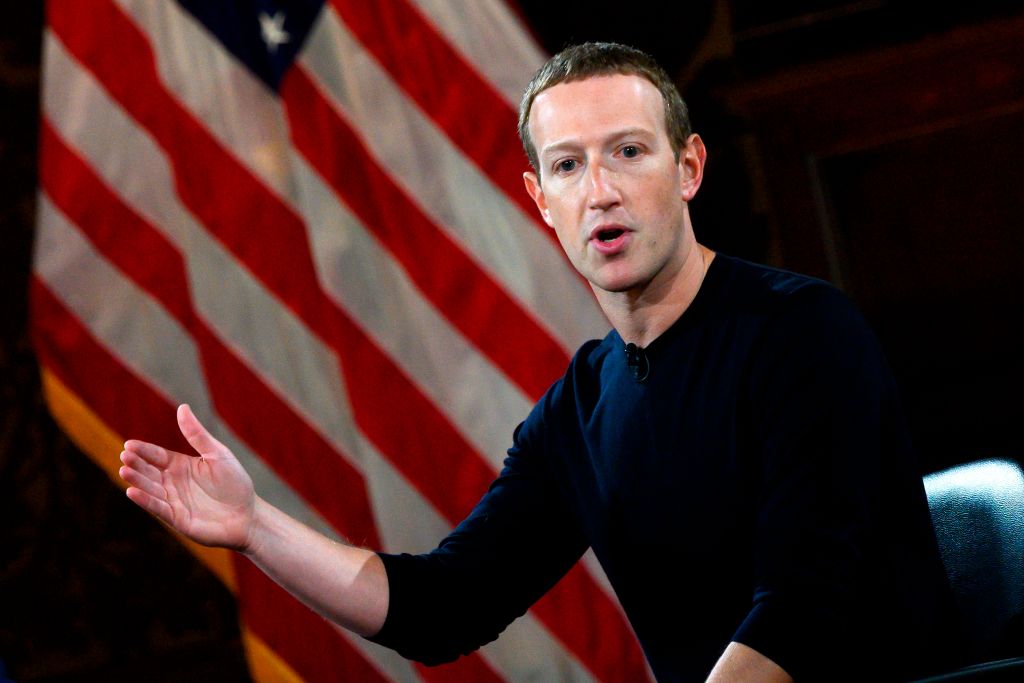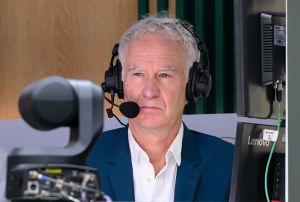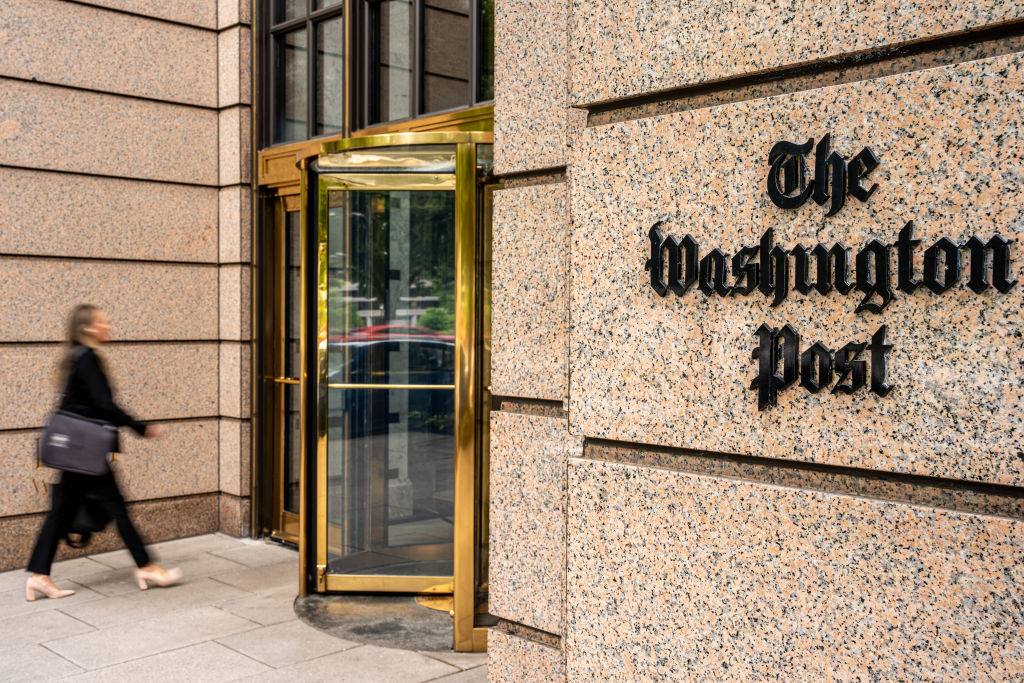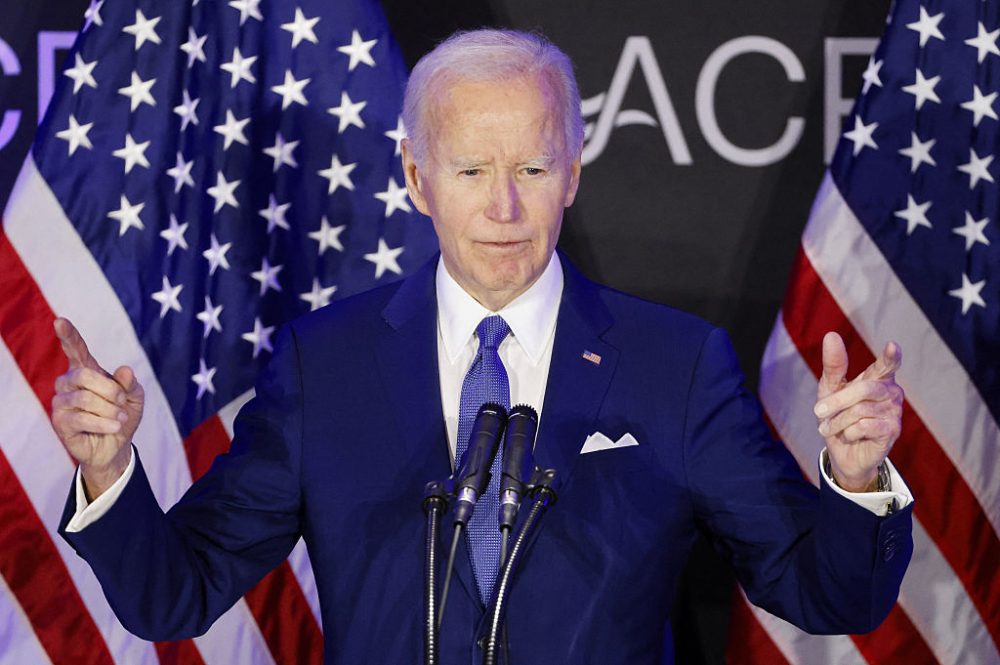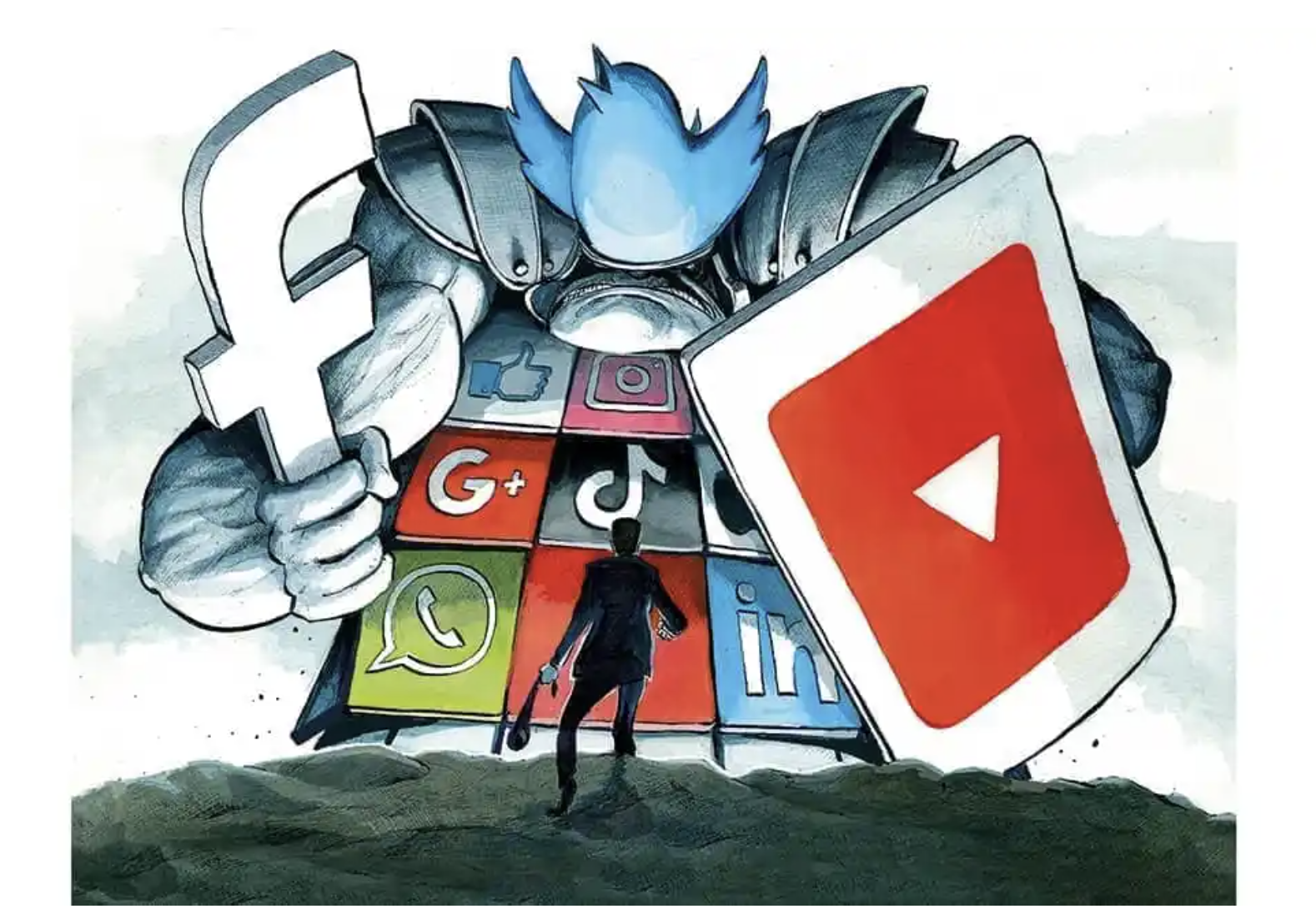One week after the 2016 election, Hillary Clinton’s digital chief, Teddy Goff, declared Facebook the enemy of the republic and the reason why Clinton had failed to capture the presidency. His diagnosis caught on, and the media and the Democrats had found their excuse for Trump’s election.
That war on Facebook continues today.
Now, a whistleblower has landed on the scene, buoyed by a powerful Democratic PR firm led by former Obama alum Bill Burton. A wave of media attention has crested that’s meant to once again put Facebook in the regulatory crosshairs and demand more censorship from what’s deemed to be dangerous and influential ‘misinformation’.Washington Post columnist Margaret Sullivan has even called for a new government agency to oversee how information on Facebook is shared and disseminated.
Of course, those like Sullivan want the public at large to believe that they are journalistic warriors interested only in truth and accuracy. That is false. Facebook, as it pertains to traditional legacy news outlets like the Washington Post and CNN, is a competitor, nothing more. And every hit piece they run against the social media giant should be viewed through that lens.
The legacy media views Facebook as having stolen their audience away from them. They think doing away with user-based news feeds and content sharing will put the flow of information back into their hands, where it belongs. They have so far been successful at pressuring social media platforms like Jack Dorsey’s Twitter into complying with their demands. Facebook, however, has stood up to their counter-narrative and arguments for censorship, and must therefore be dealt with.
This is a fundamental misunderstanding as to the nature of Facebook and where it derives its power from. Facebook’s power comes from its user base — almost three billion people worldwide. Whereas CNN, MSNBC, the New York Times and the Washington Post draw their power from advertisers and corporate influence. This was the main reason that audiences fled these outlets to begin with. The legacy media’s stubborn refusal to look inward at their own industry is another reason why viewers and subscribers have abandoned them.
There is no clearer example of this dynamic than the events that transpired in Del Rio, Texas, on the southern border just last week. Journalists spread the falsehood that border agents used whips to deter migrants from crossing into the country. This ‘story’ made it all the way to the White House press briefing room and even to the President himself. It triggered a supposed investigation into the Department of Homeland Security, while the agents seen in the photographs and on video were reassigned.
The photographer later said on record that no whipping of migrants had occurred. Video footage showed no such thing. It didn’t matter. Few news outlets issued corrections, apologized for spreading misinformation, and promised to do better. No congressional hearings will be held into how this dangerous misinformation spread. No blue check-verified journalist on Twitter will be held accountable for his role in spreading the false story. There will be no calls for government oversight of the New York Times to prevent such misinformation from spreading.
This was a paramount example of how broken legacy media is. Journalists who target Facebook for elevating voices like Ben Shapiro’s or Breitbart‘s spare little introspection for their own roles in the prevalence of misinformation. Now, the audience is moving on, and they will continue to do so for as long as outlets like the Washington Post behave in this way.
A better solution for Margaret Sullivan and her exclusive band of media gatekeepers would be not regulation of Facebook but self-regulation of themselves. That would mean taking a hard look in the mirror and asking why exactly trust in their institutions is at an all-time low.
When traditional news outlets start caring about truth again, perhaps the audience will as well. Until then, Facebook will continue to dictate what information is valuable, and Margaret Sullivan and company will be left holding the imaginary whip.



